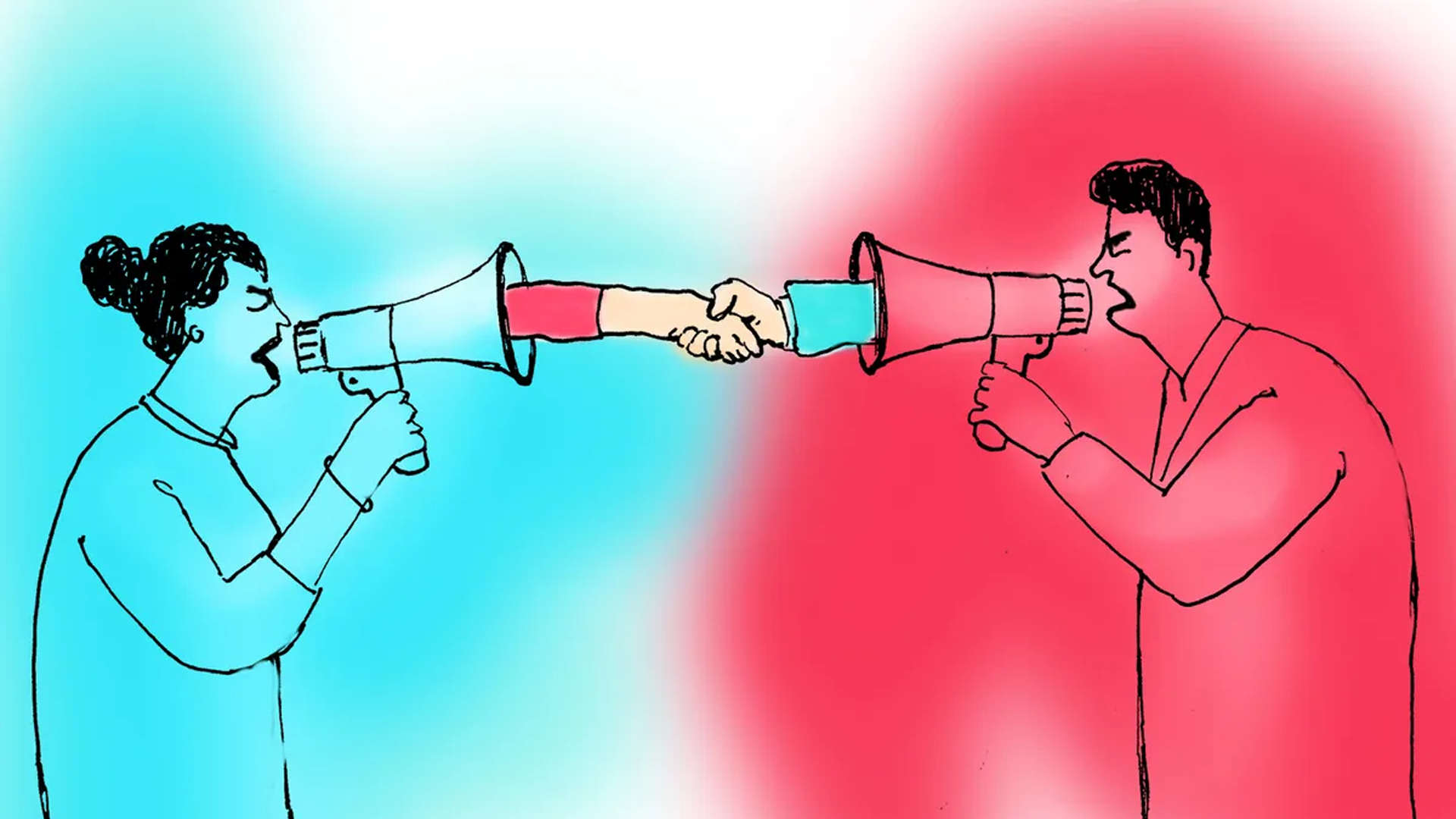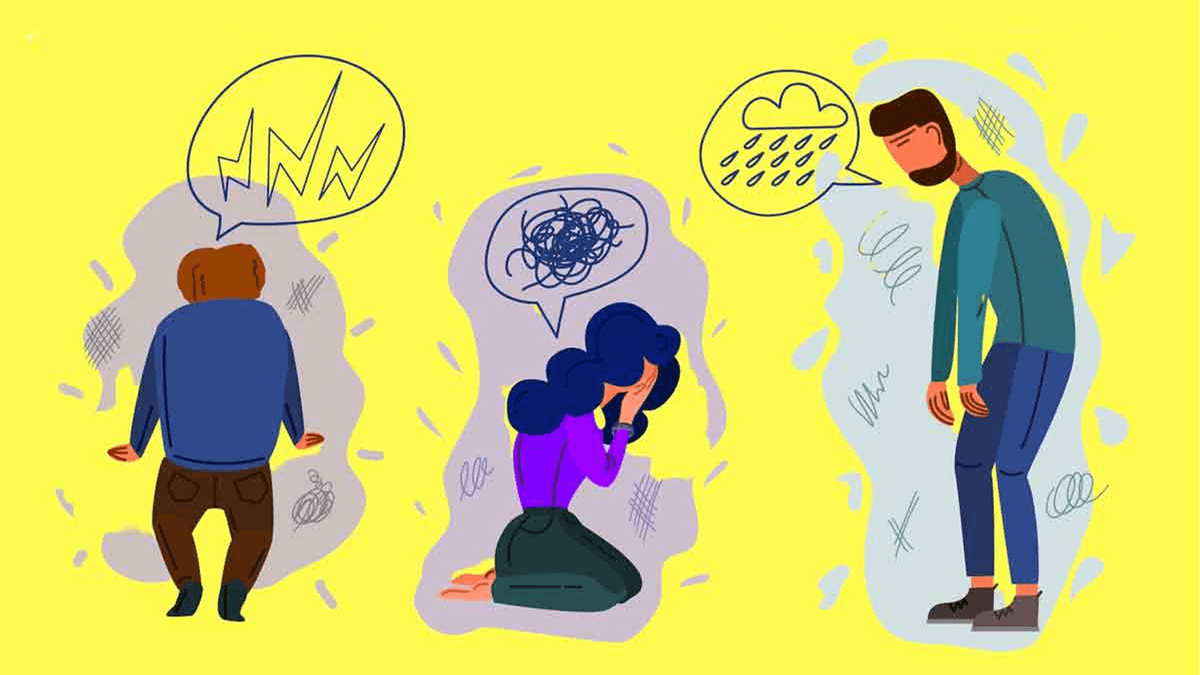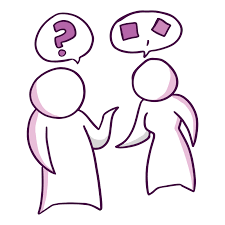Healthy vs. Unhealthy Conflict

Conflict doesn’t have to be a bad thing. In fact, when handled with respect, it can be one of the best ways to build understanding, solve problems, and grow stronger relationships.
The Dive
Conflict happens when people disagree—but not all conflict is the same. Some fights can lead to learning and growth, while others can cause harm and damage relationships.
Healthy conflict means people are respectful, honest, and focused on solving the problem. They talk it out, listen to each other, and try to find a solution that works for everyone.
Unhealthy conflict is when people let anger take over. It can look like yelling, blaming, bringing up the past, or trying to hurt someone's feelings. This kind of conflict doesn’t solve anything—it just makes things worse.
One way to tell the difference between small problems and big ones is to ask yourself: Is this annoying or is it dangerous? Annoying might be your sibling taking your snack. Dangerous might be someone getting bullied.
When people use healthy conflict, they stick to the present, speak calmly, and try to understand where the other person is coming from. It’s about working as a team, not fighting as enemies.
Unhealthy conflict often starts when people feel anxious or misunderstood and respond by lashing out. Instead of asking questions, they attack. Instead of listening, they defend themselves.
To move from unhealthy to healthy conflict, it's important to take a pause, calm down, and focus on the issue—not the person. Respect is the secret ingredient.
Even if it feels uncomfortable, learning how to deal with conflict in a healthy way can actually make you closer to someone. It shows you care enough to work through hard stuff together.
Whether it's in a friendship, family, or group project, knowing the difference between healthy and unhealthy conflict helps you build trust and get things done without hurting anyone.
Why It Matters
Conflict is a normal part of life—but how we deal with it shapes who we are. When young people learn how to handle disagreements in respectful, thoughtful ways, they become better friends, teammates, leaders, and problem solvers. Healthy conflict resolution builds trust, strengthens communication, and helps everyone feel heard and valued. Understanding the difference between fighting to hurt and fighting to solve is one of the most important social skills you can learn—and it lasts a lifetime.
?
What does healthy conflict look like in your life?
Why is it important to stay calm during an argument?
How can you tell if a conflict is small or serious?
What are some signs that a conflict has become unhealthy?
How can respectful disagreement actually make a friendship stronger?
Why is it better to focus on the present instead of bringing up the past?
What are some things you can say to keep a conflict healthy?
How can understanding someone else’s point of view help resolve a conflict?
Dig Deeper
People don’t always get along or agree with one another. They may disagree with one another or have a conflict because they have different beliefs, ideas or preferences. Sometimes people just don’t understand each other’s point of view. A person could have a conflict with a friend, family member, another adult in their life or even a romantic partner. Conflicts happen, but they can usually be resolved in a fair way.
Explore why miscommunication occurs so frequently, and how you can minimize frustration while expressing yourself better.
Related

The Power of I Statements
Learning to say how you feel without blaming others is a superpower. 'I' statements help you speak up, stay calm, and build better relationships—one sentence at a time.

Understanding Triggers
Triggers aren’t just reactions, they’re messages from our past asking to be understood.

Conflict Styles: How We Handle Disagreements
Do you hide in your shell or face conflict head-on? Understanding your conflict style helps you navigate disagreements with confidence, care, and clarity.
Further Reading
Stay curious!
